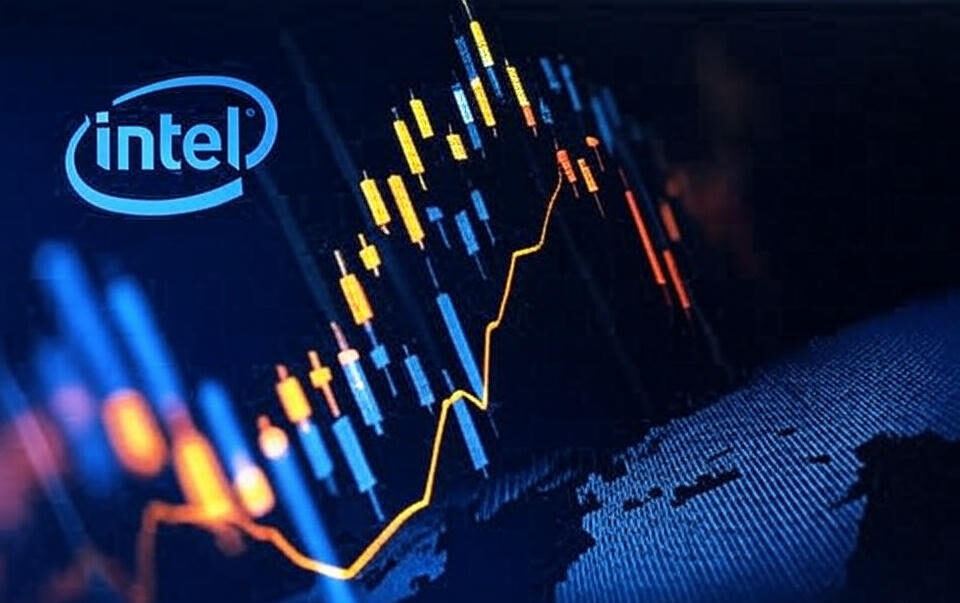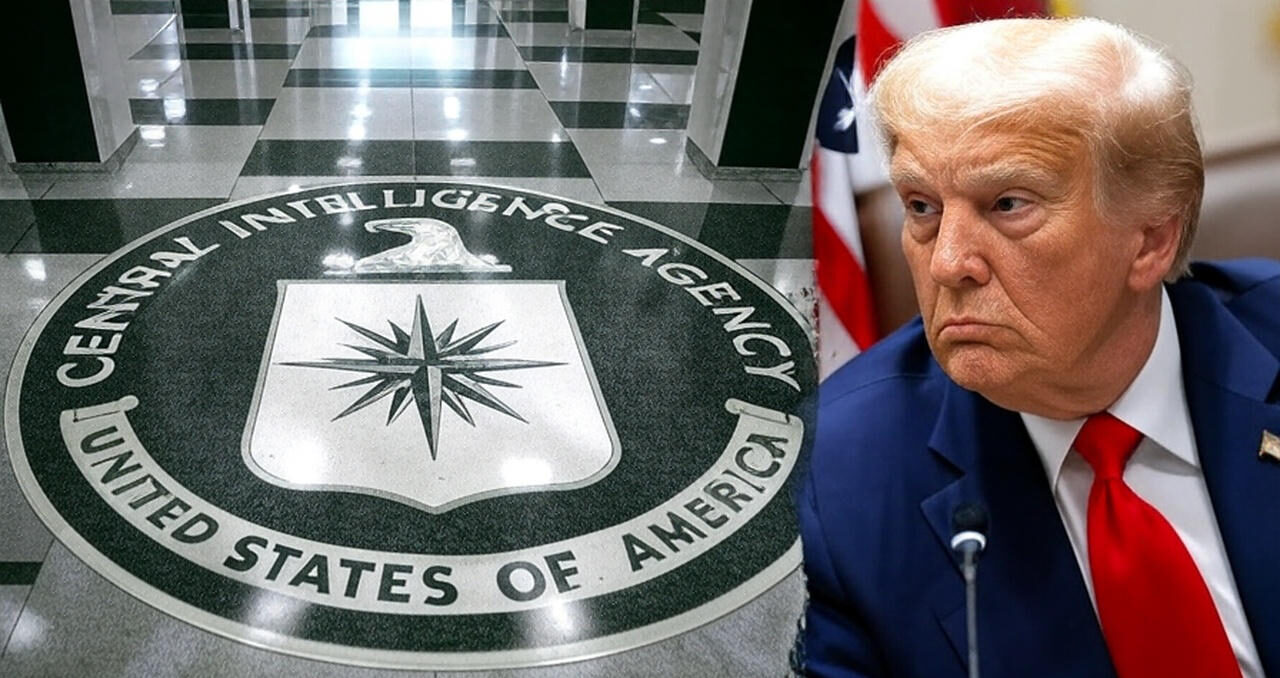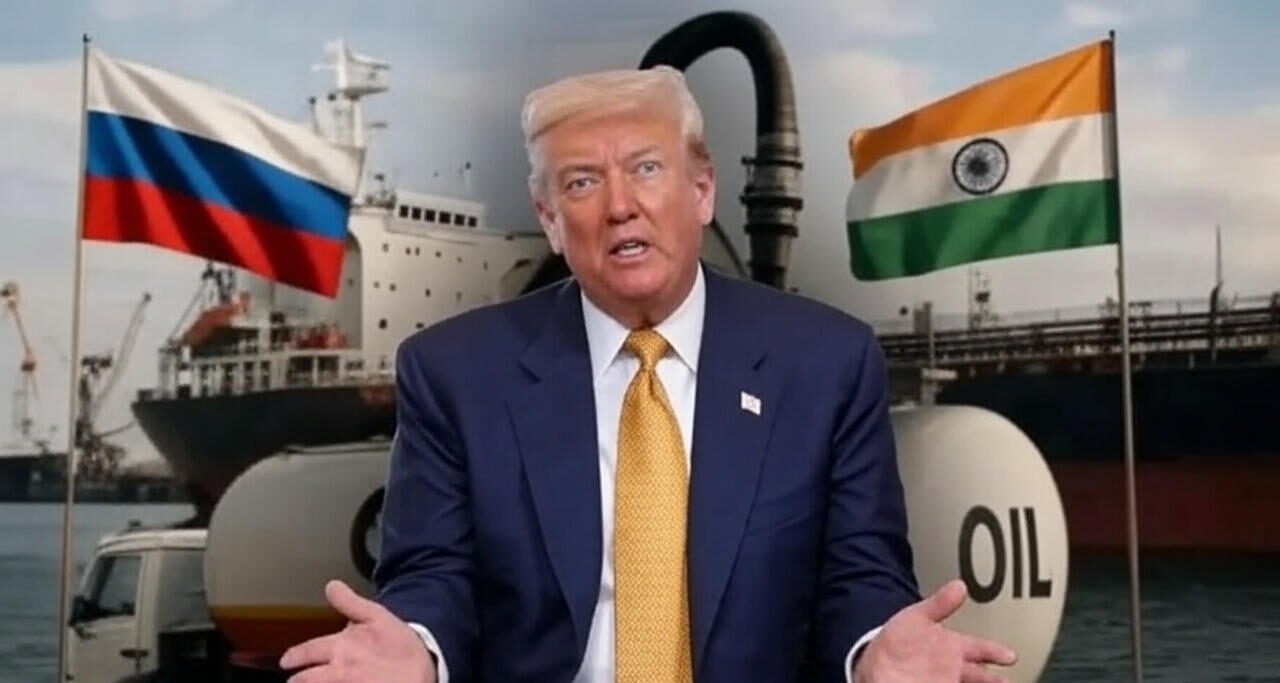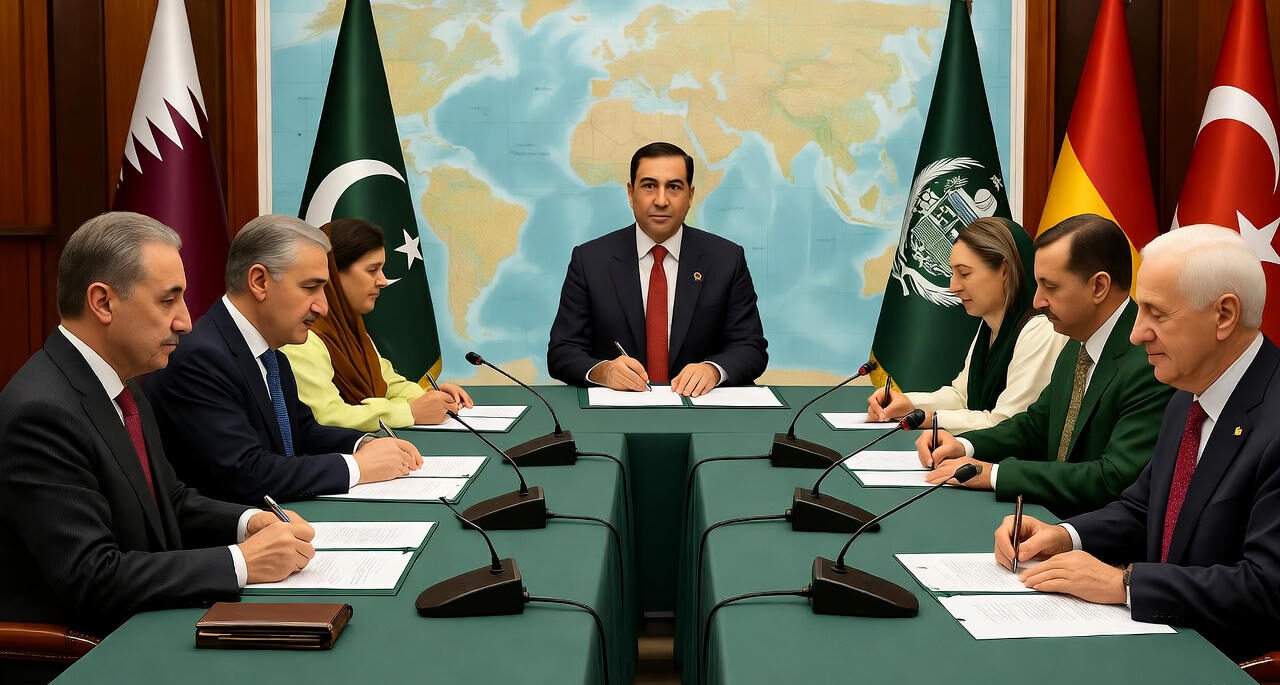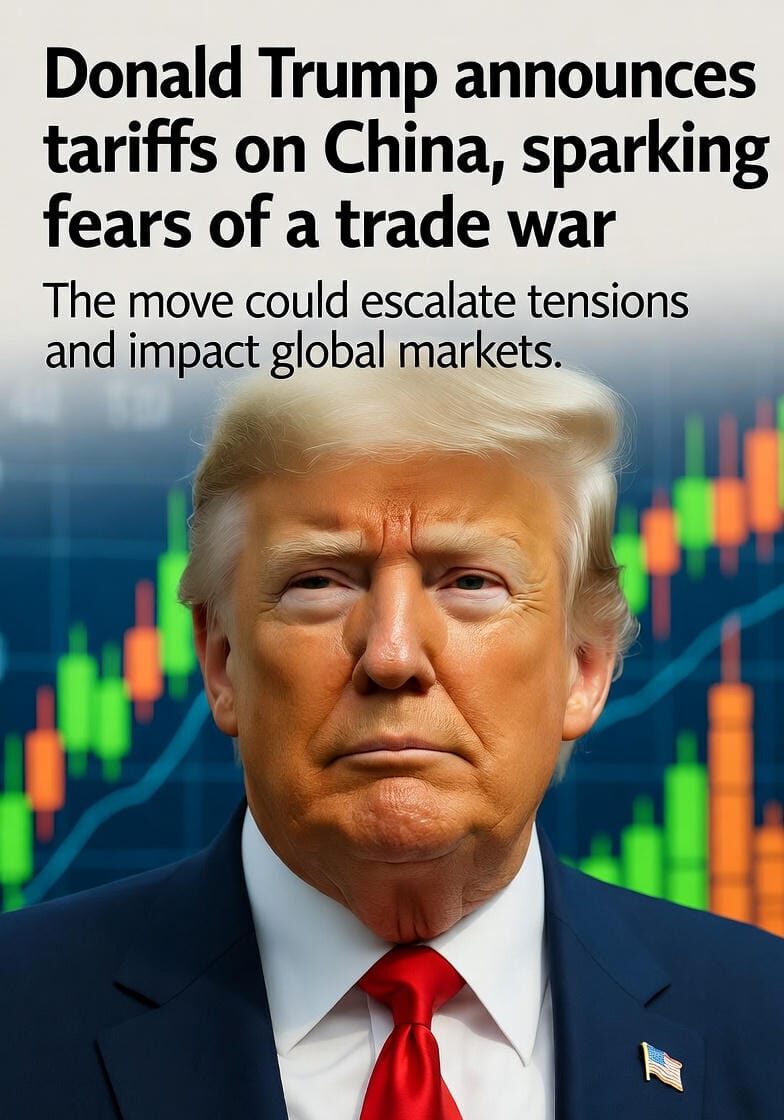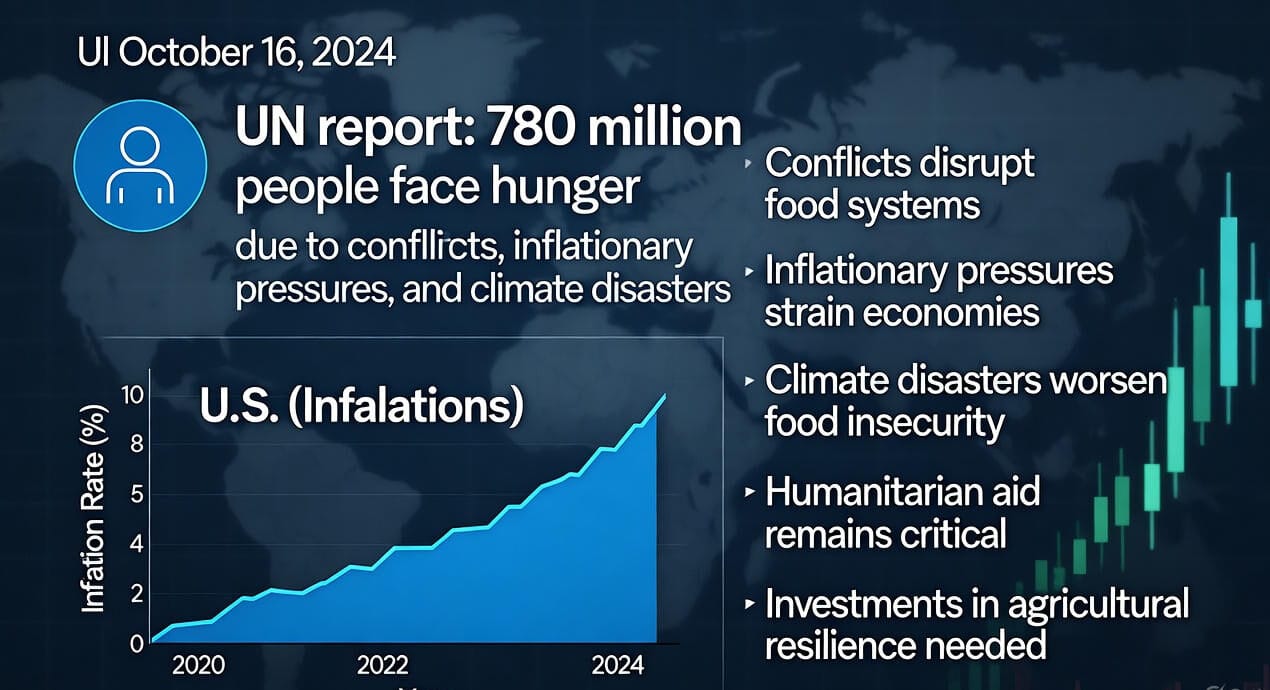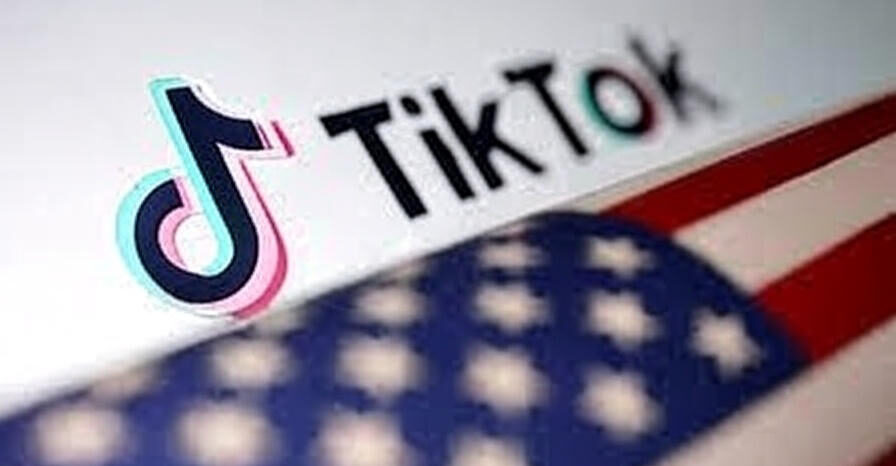
The United States and China have made significant strides toward resolving the contentious issue of TikTok’s U.S. operations, reaching a framework agreement on September 15, 2025, during trade talks in Madrid. This development, aimed at addressing national security concerns while preserving the platform’s presence in the U.S., marks a critical step in navigating the complex interplay of technology, geopolitics, and trade. With 170 million American users and a looming deadline of December 16, 2025, the deal’s finalization hinges on upcoming discussions between U.S. President Donald Trump and Chinese President Xi Jinping. This article explores the agreement’s details, implications, and challenges, providing a comprehensive overview of a pivotal moment in U.S.-China relations.
Historical Context of the TikTok Dispute
The TikTok controversy emerged in 2020 when U.S. officials raised alarms over the platform’s Chinese parent company, ByteDance, citing potential risks under China’s national security laws. These laws could, in theory, compel ByteDance to share user data or manipulate content to influence American audiences. The issue escalated with the passage of the Protecting Americans from Foreign Adversary Controlled Applications Act in April 2024, signed by then-President Joe Biden. The legislation mandated ByteDance to divest TikTok’s U.S. operations by January 19, 2025, or face a nationwide ban, a deadline later extended by President Trump to accommodate negotiations.
The dispute has been a microcosm of broader U.S.-China tensions, exacerbated by trade wars and technological rivalry. Trump’s imposition of tariffs as high as 145% on Chinese goods in 2025 prompted retaliatory measures from Beijing, making TikTok’s fate a bargaining chip in high-stakes trade talks. China’s reluctance to relinquish control over TikTok’s proprietary algorithm, which drives its personalized content delivery, has further complicated negotiations, as has the platform’s cultural and political significance in the U.S.
The Framework Agreement Explained
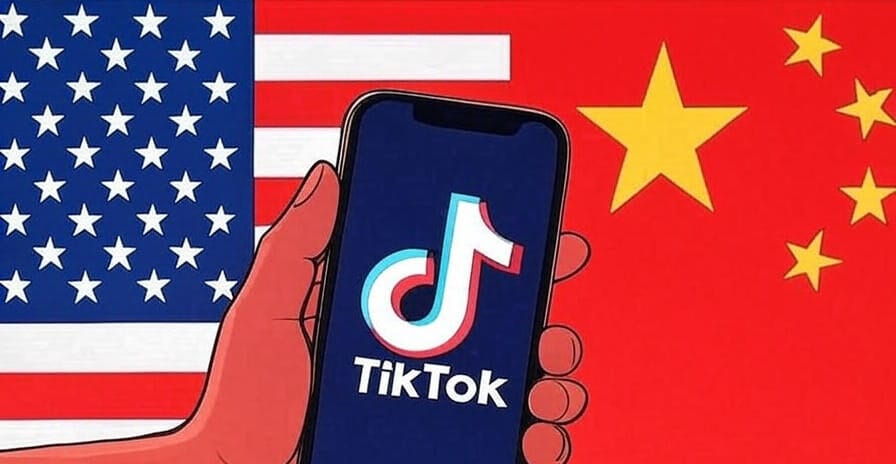
Announced by U.S. Treasury Secretary Scott Bessent, the framework agreement outlines a plan to transfer TikTok’s U.S. operations to American ownership, potentially led by Oracle Corp., TikTok’s existing U.S. cloud provider. The deal seeks to balance U.S. national security imperatives with China’s interest in preserving ByteDance’s stake and intellectual property. Negotiated over two days in Madrid, the agreement reflects a rare moment of cooperation amid strained bilateral relations.
Key Elements of the Deal
- Ownership Transfer: TikTok’s U.S. operations would transition to a U.S.-based entity, with Oracle and potential investors like Silver Lake and Andreessen Horowitz involved.
- Algorithm Concerns: Discussions include licensing TikTok’s algorithm to the U.S. entity, though full transfer remains contentious due to China’s intellectual property protections.
- National Security Safeguards: The deal aims to ensure compliance with U.S. laws, prohibiting shared algorithms with ByteDance to mitigate data security risks.
- Trade Implications: The agreement is part of broader U.S.-China trade talks, with no major progress reported on tariff reductions or export controls.
Remaining Challenges
Despite the progress, several hurdles remain. The House Select Committee on China has emphasized that any deal must fully sever ties with ByteDance’s algorithm to comply with the 2024 law. China’s negotiator, Li Chenggang, has indicated that Beijing will not compromise on corporate interests, suggesting potential delays over intellectual property terms. The upcoming Trump-Xi call on September 19, 2025, will be critical in resolving these issues, with analysts warning that China may view the framework as a starting point for further negotiations.
Implications for U.S.-China Relations
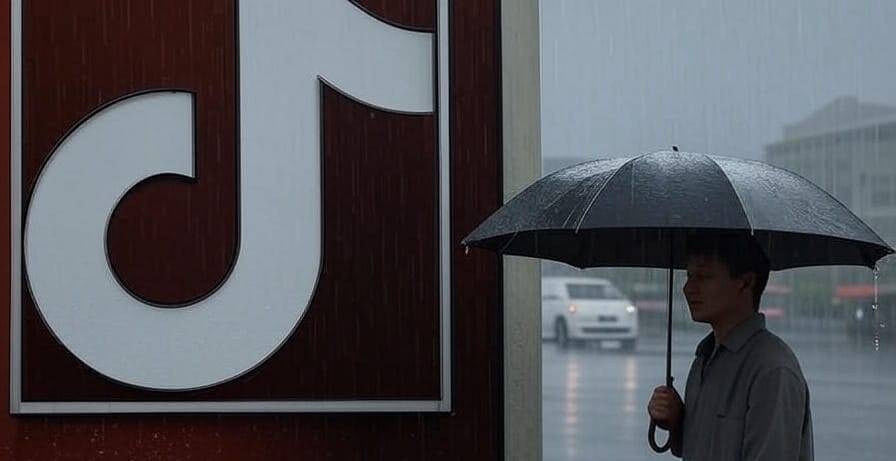
The TikTok deal has far-reaching implications beyond the platform itself. It represents a test case for how nations navigate the intersection of technology, national security, and global trade. A successful resolution could pave the way for a Trump-Xi summit later in 2025, potentially easing trade tensions. However, China’s recent antitrust probe into Nvidia, announced during the Madrid talks, underscores ongoing frictions. U.S. officials, including Bessent, have criticized the probe’s timing, highlighting the delicate balance of cooperation and competition.
Impact on TikTok’s U.S. Users
For TikTok’s 170 million U.S. users, the deal offers hope of continued access to a platform that has become a cultural cornerstone, particularly for younger audiences. Public sentiment on platforms like X reveals mixed reactions, with some users expressing frustration over prolonged uncertainty and others wary of potential changes under U.S. ownership. The deal’s outcome will influence how digital platforms operate in an increasingly regulated global environment.
Global Technology and Trade Dynamics
The TikTok negotiations reflect broader trends in the global technology landscape. As nations impose stricter regulations on data privacy and foreign-owned platforms, similar disputes are likely to arise. The deal’s structure, particularly regarding algorithm licensing, could set a precedent for how multinational tech firms navigate cross-border operations. Moreover, the involvement of U.S. firms like Oracle underscores the growing role of domestic tech giants in addressing national security concerns.
Economic and Political Stakes
Economically, TikTok’s U.S. operations generate significant revenue, making the deal a high-stakes endeavor for both ByteDance and potential U.S. investors. Politically, Trump’s personal stake in the platform’s survival—he has credited TikTok with aiding his 2024 re-election—adds a layer of complexity. His optimistic remarks on Truth Social contrast with Congressional scrutiny, highlighting the domestic political dynamics at play.
What’s Next?
As the extended deadline of December 16, 2025, approaches, all eyes are on the Trump-Xi dialogue. The deal’s finalization will require Congressional approval and Chinese regulatory consent, both of which remain uncertain. Usha Hayley, a professor at Wichita State University, cautioned that “the details behind the optics” could derail progress, particularly if intellectual property disputes persist. If successful, the agreement could resolve a years-long saga, ensuring TikTok’s survival in the U.S. while setting a model for future tech-related negotiations. For now, stakeholders await clarity on whether this framework will deliver a lasting resolution or face further delays in the intricate U.S.-China relationship.

